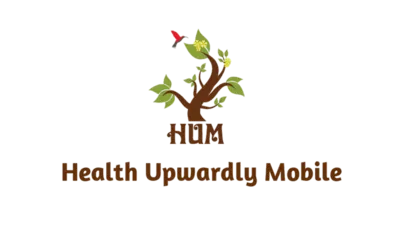By Ms. Sue Newton, MN, RN
Journalling is a powerful tool for helping us identify, process, and manage thoughts and feelings. Thinking in and of itself can give us many ideas, but it is often in the writing of these ideas that we can start to see patterns emerge. Through these patterns we begin to discover who we really are and change the things in our life that are not working! In addition, journalling helps us keep track of our insights, making it a continual process in which we enhance, refine, and expand our ideas and help us identify the things that may be holding us back but also how to address them in a positive, concrete way.
Scientific evidence supports the notion that journalling has a positive impact on overall well-being. Writing about stressful events can help us come to terms with them, thus reducing the impact of these stressors on overall health. When we bottle up our thoughts and feelings, it can contribute to or exacerbate illness. This may manifest in something as minor as a common cold, or in something as serious as a chronic illness. To get healthy and maintain our well-being, it is important to have outlets for our thoughts and feelings. One common outlet is talking, which many think is all they need, but reality is these supports are not available 24/7. It is quite common that late at night, when the world is still and we are alone with our thoughts, that emotions and memories of the past day, week, or decade will flood over and feed into anxiety, racing thoughts, and sleeplessness. Journalling can provide an outlet in these moments and allow us to express things we may not be ready or willing to share verbally with others. Writing also helps remove mental blocks and allows us to use all of our brainpower to better understand ourselves, others and the world around us.
Journalling is most effective if it is done daily for approximately 20 minutes. Begin anywhere, and forget spelling and punctuation. Privacy is key if you are to write without censor. Write quickly, as this frees your brain from “shoulds” and other blocks to healthy expression. If it helps, pick a theme for the day, week or month (for example, peace of mind, gratitude, confusion, change or anger). The most important rule of all is that there are no rules!
